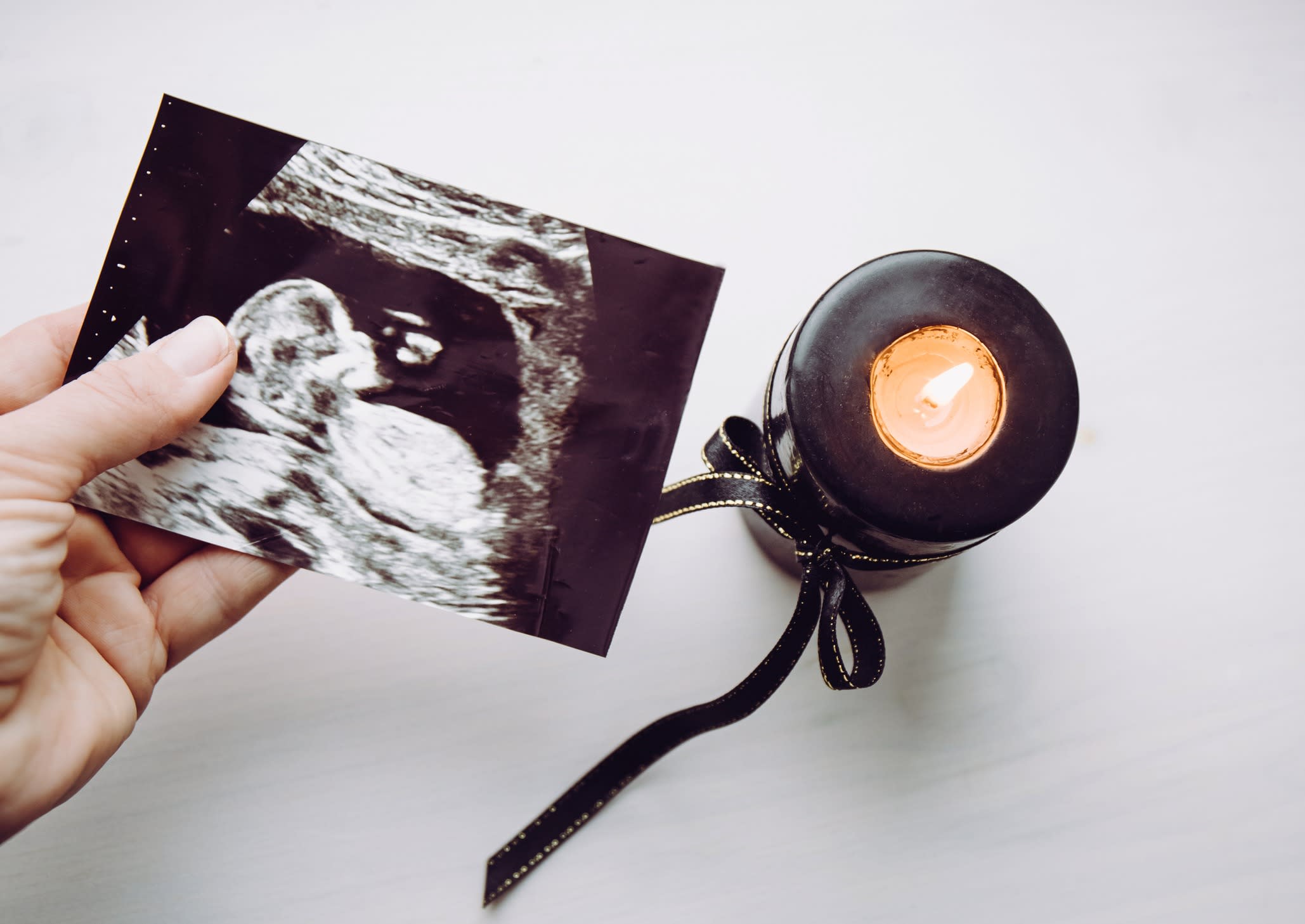Mother's Day is a time when we acknowledge and honour mothers and motherhood. But for many women who have experienced miscarriage, Mother's Day can be one of the most difficult days of the year, bringing with it a kaleidoscope of feelings and questions.
-
Jade Bilardi
Senior Research Fellow, Melbourne Sexual Health Clinic
"Since becoming a mum I have always felt incredibly grateful on Mother's Day, but after I had miscarriages while trying to have a second child, Mother's Day became a painful reminder that my family felt incomplete … I felt some guilt on Mother's Day that I felt sad. I knew I was lucky to be a mum, but I so wanted another baby and I saw so many photos on social media of my mum friends with their complete families. It was hard not to feel a sadness and a longing" - Alix
We need to talk about miscarriage
Every five minutes, a woman in Australia experiences a miscarriage, affecting 285 people every day. Miscarriage is defined as the loss of a pregnancy under 20 weeks' gestation, and occurs in one in four pregnancies. So why don't we talk about it much, or acknowledge its impact on so many people?
So often, it's a loss not spoken about, as there's no tangible person to grieve for, and few rites and rituals to commemorate the loss.
While easily managed medically, research has consistently shown miscarriage can, and often has, long-lasting psychological impacts on women, including anxiety, depression and even post-traumatic stress disorder. These can linger for months or even years.
For many women, days of celebration such as Mother's Day only serve to remind and trigger women's grief and loss around what should have been.
This can be exacerbated by feeling unseen, or people not recognising what a difficult day Mother's Day can be for those who have experienced pregnancy loss.
"The year after our first loss, Mother's Day fell on the day we would have been due. I made sure that we went somewhere special to get away from it all, I switched off my phone and stayed away from anything triggering. But it was hard. Whether you carry your child full term or not, they were loved from the moment you find out you were pregnant." -Lyndal
Social support at this time is vital to positive psychological outcomes. Yet research shows women and their partners commonly experience a lack of support from their family, friends and healthcare providers at this time. This only serves to leave them feeling even more alone and isolated in their loss.
How to support people better, and what we can say
Miscarriage Australia's recently launched website has some really useful evidence-based resources regarding how to support someone who's had a miscarriage, including advice about what's best to say and what's best avoided.
"… Talking to someone who is experiencing a loss, don't say things like 'You can try again', or 'At least you know you can get pregnant' - they aren't helpful. If anything, we just need your ear to listen, your arms to hold us, and if anything, just say, "That's shit, I'm so sorry for your loss!" - Lyndal
The website also provides resources in the form of fact sheets for users and for healthcare professionals, as well as links to a number of vital pregnancy loss and mental health support organisations across Australia.

Miscarriage Australia is a collaborative group of researchers and clinicians from Monash University, the University of Melbourne, and Deakin University.
Its research improves support for those affected by miscarriage. Led by Monash University's Dr Jade Bilardi, from the Melbourne Sexual Health Centre, and Professor Meredith Temple-Smith, from the University of Melbourne's Department of General Practice, the team has undertaken numerous studies over the past six years with women, male partners and healthcare professionals to examine miscarriage experiences and support needs.
Developed using human-centred design, the Miscarriage Australia research team has recently published a paper in a leading academic journal discussing how the website was developed.
The website has been applauded and welcomed by both those affected by miscarriage and healthcare providers who are able to refer patients to the site and factsheet resources.
While the website provides much-needed resources for those affected, Miscarriage Australia urgently needs donations to translate its online resources in other languages.
"Miscarriage affects women regardless of their cultural background or ethnicity. While we have this fantastic resource for those affected by miscarriage in Australia, not everyone's first language is English," Dr Bilardi says.
"It's vital that we can translate these resources into multiple languages so they are accessible to all."

Professor Meredith Temple-Smith echoed the need for increased funding regarding early pregnancy loss more broadly, and to support the expansion of vital resources such as the Miscarriage Australia website.
"We want this website to provide the information and support needed by people affected by miscarriage," she says.
"Funding for miscarriage research has been almost completely overlooked in the past, despite how frequently it affects people. At Miscarriage Australia, we're keen to conduct further research on the ways in which male partners can be supported, as well as LGBTIQA+ couples, and to provide resources specifically for them."
While Mother's Days is difficult for many women affected by miscarriage, Bears of Hope, one of Australia's leading pregnancy and infant loss support charities, marks the day each year at venues across the country, hosting Mother's Day high teas for those who have experienced pregnancy and infant loss.






